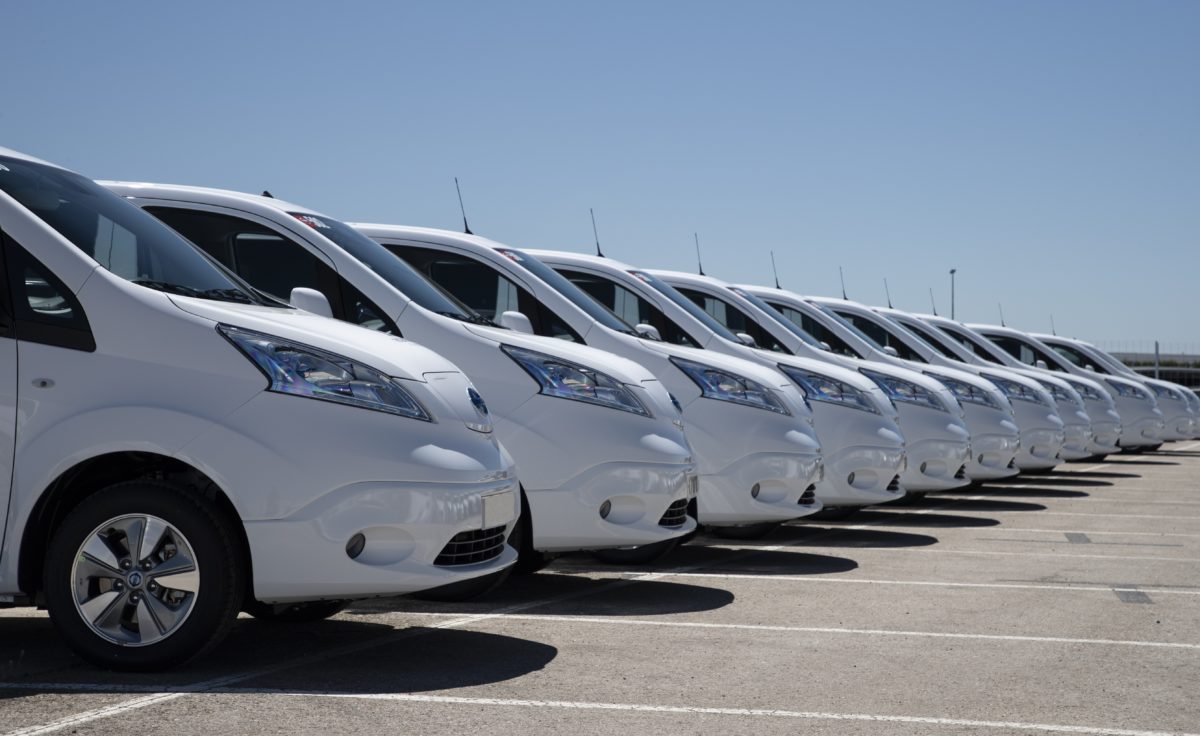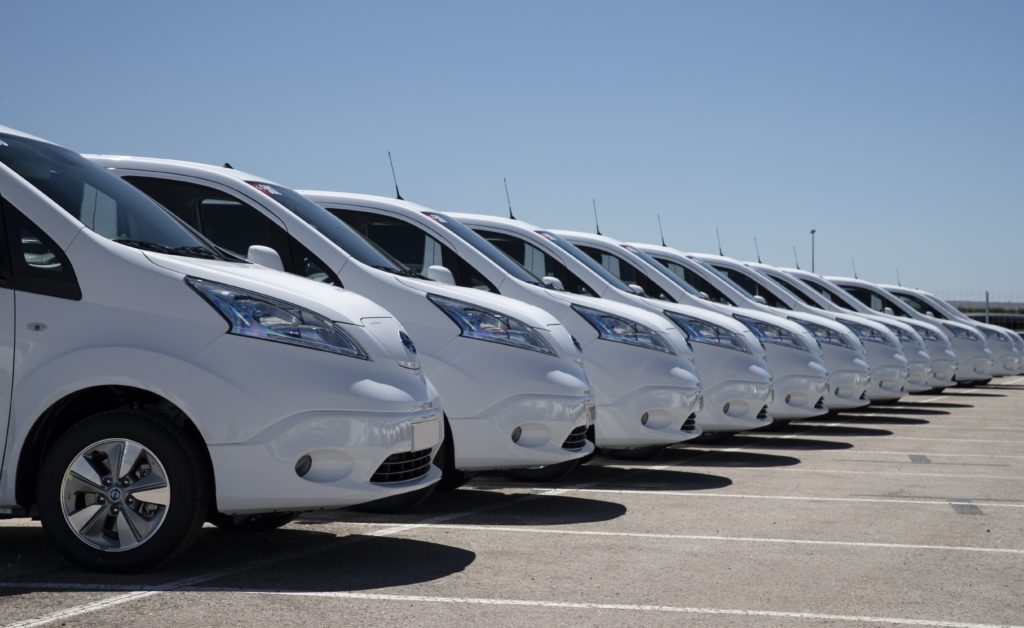It outlines the activities which have taken place during the 12 months since September 14th 2020 to further reduce emissions and lay the foundation work to enable future decreases.
The public water and waste water services organisation has been reducing its carbon footprint since 2006 and has now achieved more than 249,000 tCO2e – a 2 per cent reduction on the previous year. In 2006 our emissions were 462,000 tCO2e.
During the year there was a focus on our four strategic areas of action which can help us reduce further and faster to become net zero by 2040 – five years ahead of national targets.
A programme of organisation-wide transformation has also been developed which will enable even more work to be done to limit our impact on the environment.
The routemap was published in 2020 during Climate Week and again it provides a platform for the first annual update on progress.
Scottish Water is working closely with a broad spectrum of partners – from our supply chain to academia, private and public sector – to go beyond net zero.
To mark climate week and the anniversary of the routemap, Scottish Water has become a signatory to the Edinburgh Declaration – an international statement of intent led by Scottish Government to ensure action is taken at all levels to protect global biodiversity.

“We are committed to playing our part in supporting a flourishing Scottish environment. Signing the Edinburgh Declaration signals our intent to tackle biodiversity loss and protect nature alongside our commitment to be net zero by 2040.”
Simon Parsons, Scottish Water’s director for Strategic Customer Service Planning




